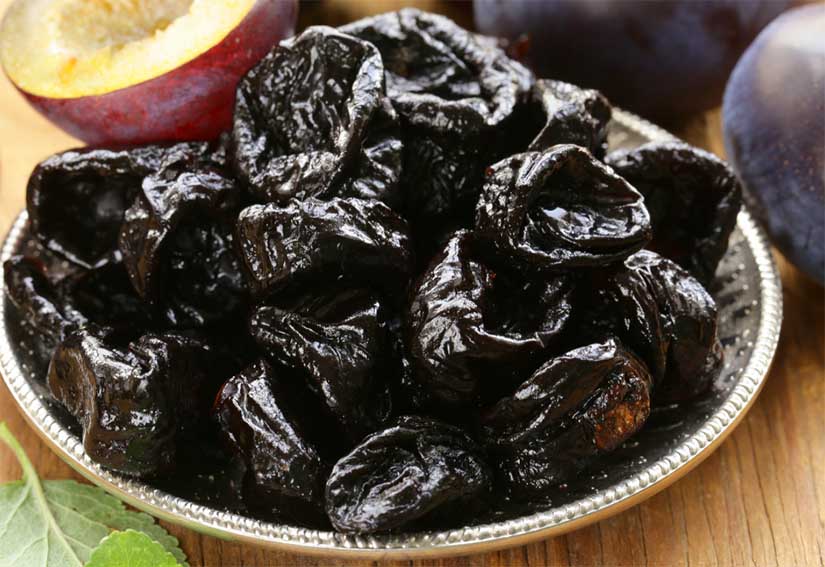Three benefits that you didn’t know about prunes
Prunes are an excellent source of antioxidants and nutrients when included in a balanced diet. Prunes are obtained from the dehydration of the fruit of the plum tree, Prunus domestica.
Prunes are from the Rosaceae family and the Prunus genus, like peaches and almonds, and since ancient times they have been used to improve constipation problems.
Although there is no precision of its origin, most authors assure that it comes from the Caucasus, Anatolia and Persia, reaching Europe, Italy in 149 BC, indicates a study by the National Library of Medicine.
Due to its nutritional level, this fruit has multiple health benefits such as strengthening the bone system, a source of antioxidants and properties for blood sugar control.
Learn about the health benefits of prunes.
They help bone health: properties that strengthen bone health are attributed to them, possibly due to the variety of phenolics present in the fruit.

An animal study revealed that dried plums and their extracts improve bone formation. “These studies are consistent with clinical studies showing that dried plums may exert beneficial effects on bone mineral density (BMD),” quotes the National Library of Medicine.
Avoid blood sugar spikes: Because they are rich in fiber, they help promote digestive health, improving intestinal transit that causes constipation. In addition, fiber helps control blood sugar levels and reduce the risk of heart disease.
While the use of pulp and seed extracts, this fruit “promotes acute and subchronic hypoglycemic effects in alloxan-induced diabetic mice, with pulp extracts having a more pronounced effect,” indicates a study.
While because it contains soluble fibers such as pectin, which help reduce the absorption of glucose in the diet. This in turn promotes the reduction of blood sugar levels.
Rich in antioxidants: it is rich in polyphenols, tannins and a great antioxidant capacity. Due to the high content of polyphenols present in plums, they help reduce inflammation and combat cellular oxidation caused by free radicals.
